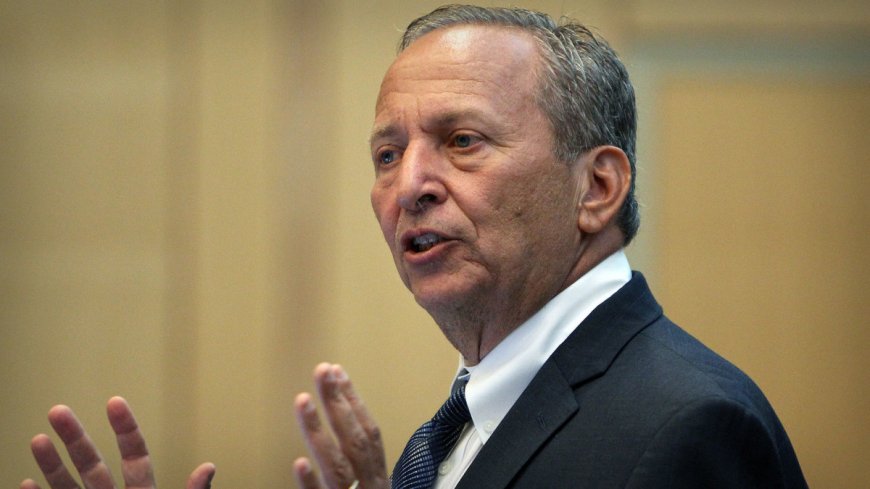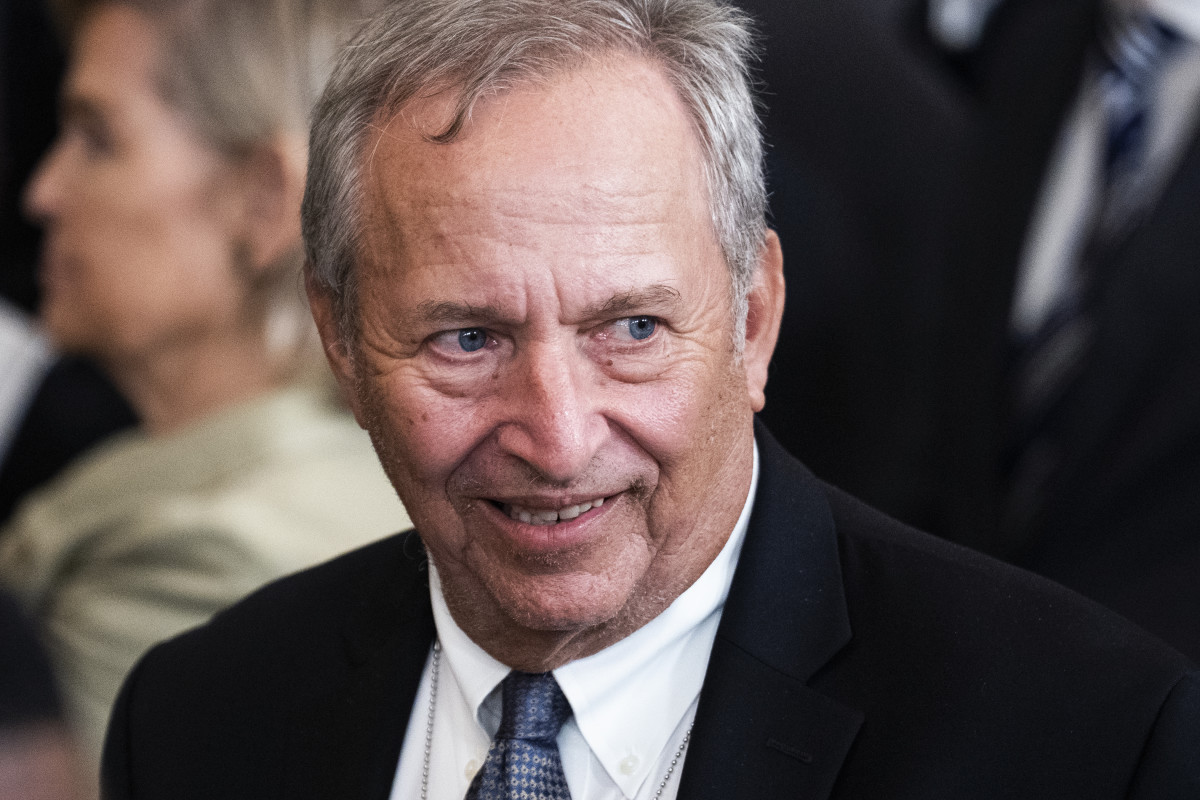Former U.S. treasury secretary takes hard-line stance on rates
Here's what could happen to interest rates next.

At the beginning of 2024 interest-rate traders expected six or more rate cuts from the Federal Reserve this year.
This was the case even though Fed officials had a mean forecast of three rate cuts. In any case, strong inflation and economic reports in recent months have led rate traders to change their tune.
The economy expanded an annualized 3.4% in the fourth quarter, and inflation registered 3.5% in the 12 months through March.
Related: Vanguard unveils bold interest rate forecast ahead of Fed meeting
Now, positions in the interest-rate futures market point to a 79% probability of two rate cuts or fewer this year, according to CME's FedWatch Tool.
Some prominent economists, such as Torsten Slok of Apollo Global Management, predict zero rate decreases this year.
Undoubtedly, you’re all aware of the pros and cons of higher rates. They mean higher income from your money-market funds and bank savings accounts. But they also mean higher rates on your mortgage, auto, credit card, student, and other bank loans.
Plenty of money-market funds now offer a yield of 5% or more. That’s quite attractive compared with the rates available 15 years ago and compared with many Treasury bond rates now.
As of April 11, the three-year Treasury yielded 4.8%, the five-year yielded 4.63%, and the 10-year yielded 4.57%.
But loan rates aren’t pretty. The 30-year-fixed mortgage rate was 6.88% on April 11, according to Freddie Mac, up 61 basis points (0.61 percentage point) from a year earlier.
JP Morgan CEO Dimon’s interest-rate outlook
JP Morgan Chase Chief Executive Jamie Dimon is worried about inflation. “All of the following factors appear to be inflationary,” he wrote in his annual letter to shareholders.
- “Ongoing fiscal spending,
- remilitarization of the world, restructuring of global trade.” Presumably he’s referring to protectionism.
- “Capital needs of the new green economy,
- And possibly higher energy costs (even though there currently is an oversupply of gas and plentiful spare capacity in oil), due to a lack of needed investment in energy infrastructure.”
Related: Jamie Dimon delivers hard-nosed message on bank interest rate risks
And what does that mean for interest rates? “We are prepared for a very broad range of interest rates, from 2% to 8% or even more,” Dimon said. It’s unclear whether he’s referring to Fed rates, market rates, or likely both.
In any case, that rate scenario implies “equally wide-ranging economic outcomes,” he said.
That runs from “strong economic growth with moderate inflation (in this case, higher interest rates would result from higher demand for capital) to a recession with inflation; i.e., stagflation.”
Harvard's Larry Summers’ take on interest rates
The Harvard economist and former Treasury Secretary Larry Summers is concerned about inflation, too.
“With the economy growing faster than potential, a massive and growing budget deficit, and especially easy financial conditions, accelerating inflation shouldn’t be a surprise,” he said. “Commodity prices are spiking.”
Given this scenario, there’s a good chance – 15% to 25% -- that the Fed’s next move will be a rate hike, rather than a rate reduction, Summers said.
You have to take seriously the possibility that the next rate move will be upwards rather than downwards.https://t.co/V7kf3ct8JN via @economics— Lawrence H. Summers (@LHSummers) April 10, 2024
To be sure, a Fed rate cut is still likely this year, “but not as much as is priced into markets,” he said.
And a rate cut certainly shouldn’t be on the central bank’s agenda now, he said. “Why think about a rate cut when the economy is growing faster than potential, and inflation is unambiguously above target?” The Fed’s inflation target is 2%.
More Economic Analysis:
- Watch out for 8% mortgage rates
- Hot inflation report batters stocks; here's what happens next
- Inflation report will disappoint markets (and the Fed)
“The Fed has lost its way in the last six to nine months, basing its forecasts on hope rather than a hard-headed look at reality,” Summers said. Fed officials have said in recent months that a rate reduction will likely come soon.
Related: Veteran fund manager picks favorite stocks for 2024
What's Your Reaction?



























































